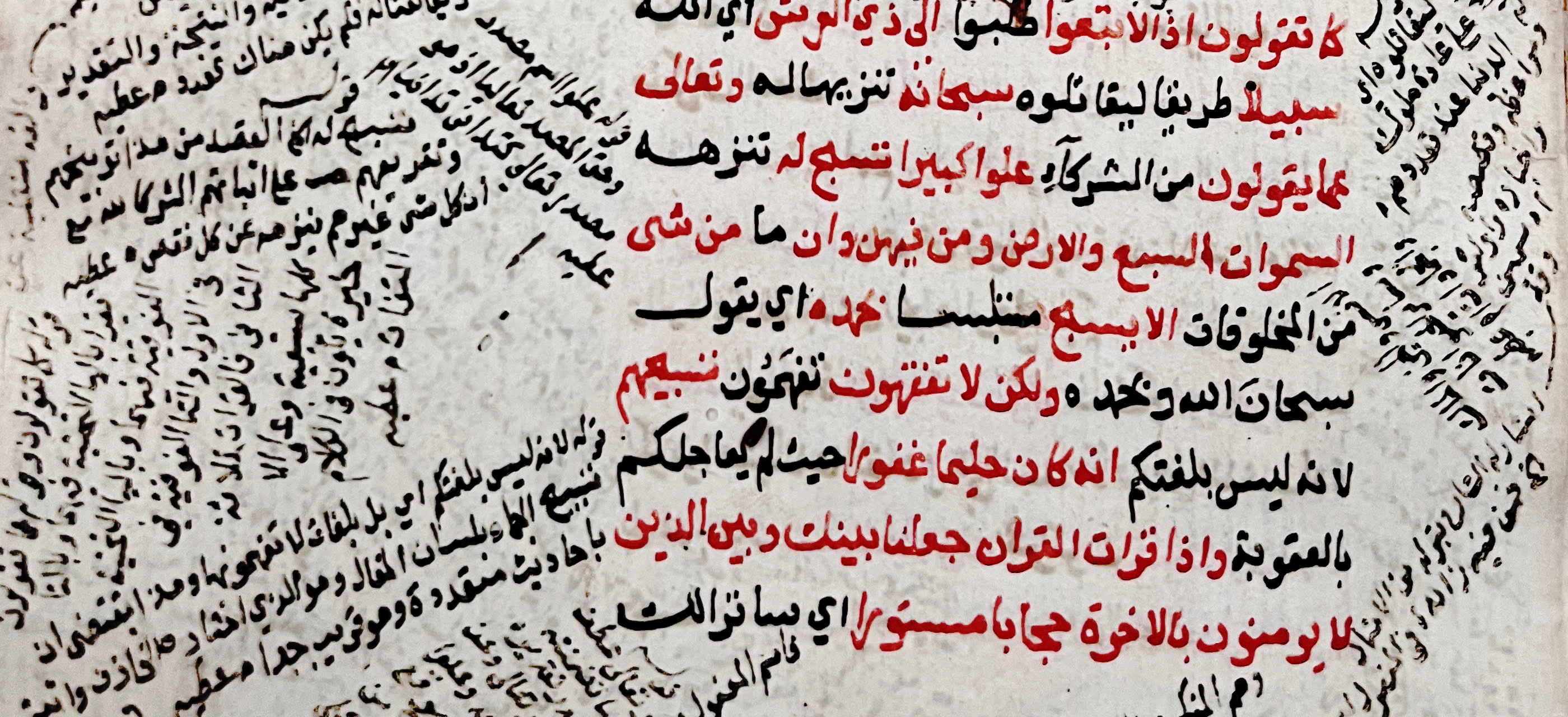From Trace to Legacy: Approaches to Creating and Archiving Digital Amazigh Cultural Heritage: Reconstructing a Historical Identity and Citizenship Continuum
Contenu
- Titre
- From Trace to Legacy: Approaches to Creating and Archiving Digital Amazigh Cultural Heritage: Reconstructing a Historical Identity and Citizenship Continuum
- Créateur
- Labaied, Sami Voir tous les contenus avec cette valeur
- Résumé
-
In our study of anthropology of representations, which combines representations and discursive practices relating to Amazigh identity and history in Libya and the diaspora, the question arises of the material mobilised and the channel for disseminating the information produced. We aim to present the preliminary results of a qualitative survey of the profiles of so-called digital social actors playing the role of institutional researchers on the Libyan and Ibadite Amazigh language and culture. The analysis of publications, comments and audiovisual productions is based on netnography (Kozinets, 2009) in the social media (Facebook and Youtube). Based on a quantitative study, Blilid noted the presence of a ‘cross-border Amazigh virtual community’ (2022), where the focus is on the social interactions revolving around the heritage to be reconstituted and archived. This raises the question of the documentary sources and archiving format to be analysed. It turns out that our players have helped to establish digital libraries from a collection that originated in a family environment closed to the public. For example, Wael Ftees, from Zouara, showed his personal collection on Facebook, and in the same week, Madghis Umadi, in Canada, from Yefren, showed his own collection on the Facebook digital social network. They both present themselves as searches in Amazigh culture and language, they edit their own institutional productions and share pictures of cover pages book. This indicates a competition between non-professional researchers from two towns, whose local identity forms the basis of a transnational political history.
Indeed, this political and cultural Amazigh movement in Libya is part of a national vision in which the Amazigh are a component of the new Libyan nation. In this way, Libyan political and historical identity can no longer be built on a citizenship in which only Arabness is recognised by the Constitution. - Type
- Conference
- Date
- 2024-09-12
- Couverture spatiale
- Messina
- présenté lors de
- VII Conferenza ASAI: In cerca di appartenenza: comunità e divisioni in Africa Longing for Belonging: Communities and Divides in Africa
- Langue
- eng
Labaied, Sami, “From Trace to Legacy: Approaches to Creating and Archiving Digital Amazigh Cultural Heritage: Reconstructing a Historical Identity and Citizenship Continuum”, 2024-09-12, bibliographie, consulté le 16 janvier 2025, https://ibadica.org/s/bibliographie/item/26297
Position : 19380 (16 vues)

